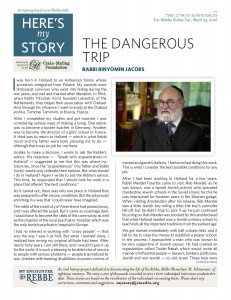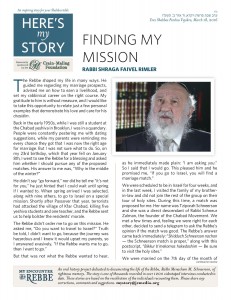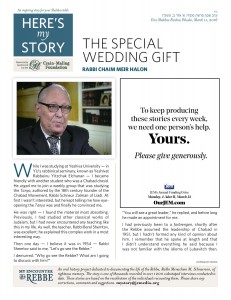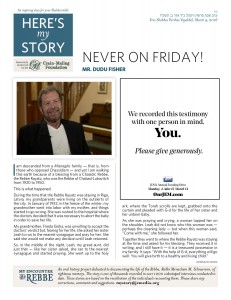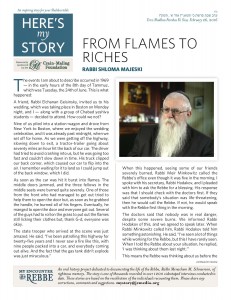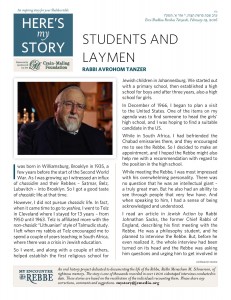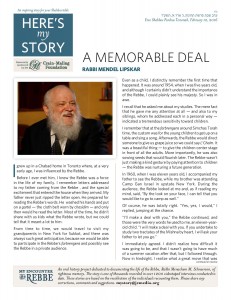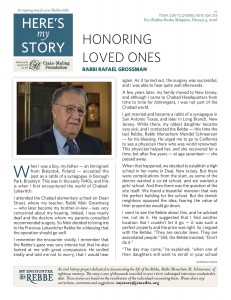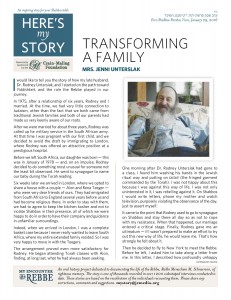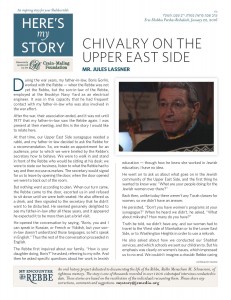The Dangerous Trip
I was born in Holland to an Ashkenazi family whose ancestors emigrated from Poland. My parents were Holocaust survivors who went into hiding during the war years, and met and married after liberation. In 1964, when Rabbi Yitzchak Vorst founded Lubavitch of the Netherlands, they began their association with Chabad. And, through his influence, I went to study at the Chabad yeshiva, Tomchei Temimim, in Brunoy, France.
After I completed my studies and got married, I was considering various ways of making a living. One option was to become a kosher butcher in Germany. Another was to become the director of a girls’ school in France. A third was to return to Holland – which is what Rabbi Vorst and my father were both pressing me to do – although there was no job for me there.
Unable to make a decision, I wrote to ask the Rebbe’s advice. His response – “Speak with acquaintances in Holland” – suggested to me that this was where my future lay, since the “acquaintances” (my father and Rabbi Vorst) would only reiterate their opinion. But what should I do in Holland? Again I wrote to ask the Rebbe’s advice. This time, he responded that I should look for work in a place that offered “the best conditions.”
As it turned out, there was only one place in Holland that was prepared to offer me any conditions. But the job proved enriching in a way that I could never have imagined.
The rabbi of the small city of Amersfoort had passed away, and I was offered the pulpit. But it came as a package deal. I would have to become the rabbi of the community as well as the chaplain of the local psychiatric hospital, which was the only Jewish psychiatric hospital in Europe.
I had no interest in working with “crazy people” – that was the way I saw it at first. But when I learned more, I realized how wrong my original attitude had been. After nearly forty years, I am still there, and I wouldn’t give it up for the world. It is such a blessing to be able to be of service to people with serious problems – people traumatized by war, children with learning disabilities, innocent victims of mental and genetic defects. I feel enriched doing this work. This is what I consider the best possible conditions for any job. (more…)


